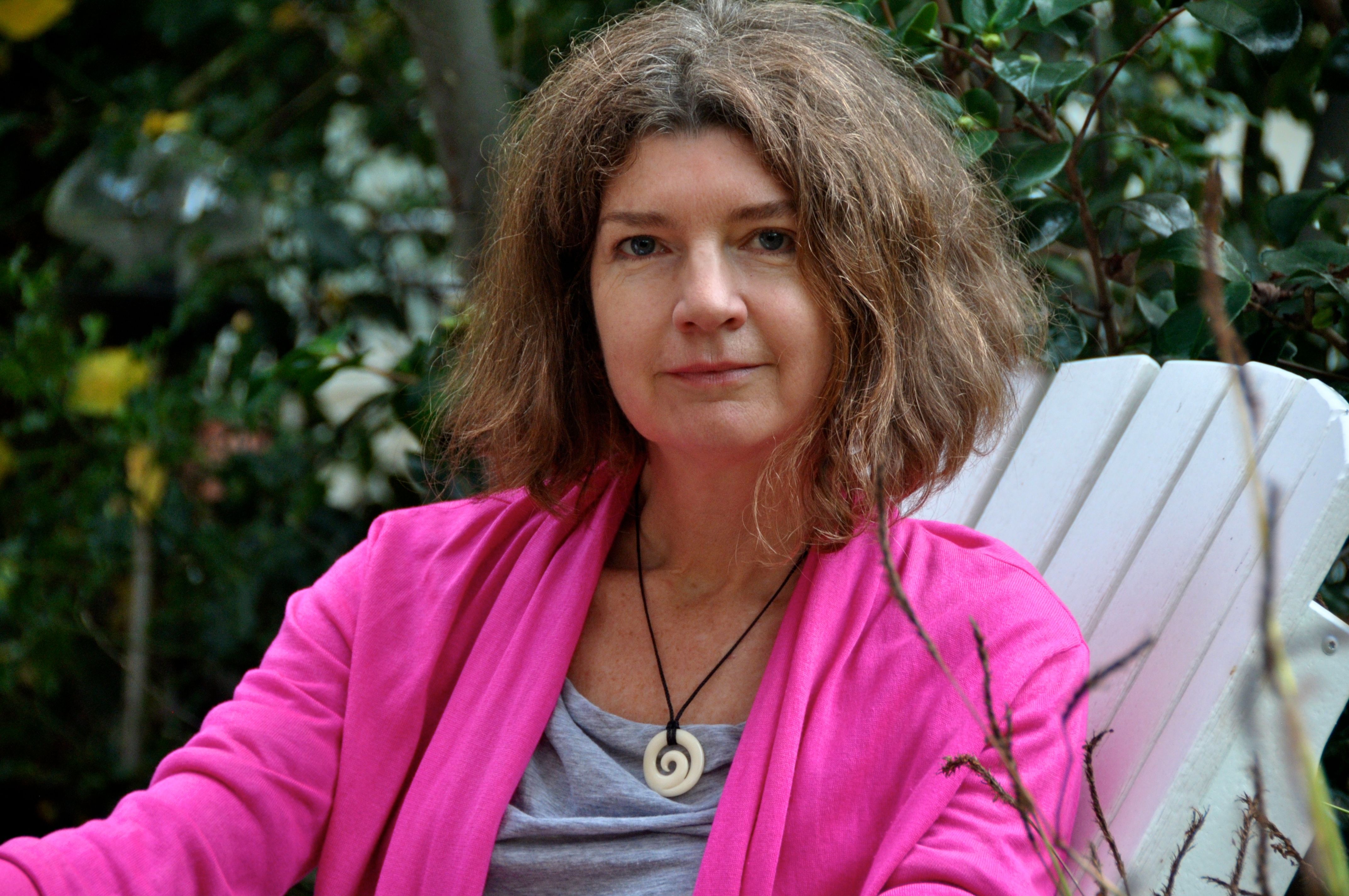Are open ground tomatoes healthier for us?
Healthier agricultural soils, the restoration of agricultural biodiversity and a higher resilience of human health may be linked. Knowledge about this link has a lot of social and economic potential. The Louis Bolk Institute, the Bac2nature Foundation and Maastricht University have received a grant from the Swedish Ekhaga Foundation for a pilot study on this. In this study, for the first time the possible relationship between a vital soil, the food crop and human health will be examined. This relationship is being investigated by measuring which bacteria from the soil end up in people via the tomatoes consumed. An artificial gastrointestinal model at Maastricht University is used for this, in which the bacteria (microbiomes) of tomatoes grown in open ground are compared with those of hydrocultures.
The research questions are:
• do tomatoes grown in the field have a higher diversity of micro-organisms than tomatoes grown on substrate?
• does the diversity of bacteria in tomatoes contribute to the diversity in the gut and thus to a more resilient health in humans?
The main aim of this research is to get this theme on the research and investment agendas of governments and companies by providing this first conceptual proof. The research is in line with recent scientific publications on microbiome research in apples (Wassermann et al.) and strawberries (Cybulska et al.) of conventional and biological origin. It was found that the diversity of bacteria and fungi in organic apples and strawberries is greater than in conventionally grown ones, and in strawberries also the amount of bacteria and fungi.
Marco van Es (founder Bac2nature): “Since the industrial revolution, we have come into less and less contact with the high diversity of bacteria from nature. This causes an impoverishment of our microbiome and therefore an increased risk of (chronic) inflammatory diseases. This development is also known as the biodiversity hypothesis for health. Bac2nature is committed to stimulating research into solutions to restore contact with various bacteria from nature in a modern way.”
Peter Keijzer (Louis Bolk Institute): “This is the first study into the direct relationship between differences in the microbiome in the soil, the food grown on it and the effect this can have on human health. This research builds on a literature study carried out by the Louis Bolk Institute for the Ministry of Agriculture, Nature and Food Quality, which concluded that there is little or no unequivocal evidence for such a relationship. Insight into such a relationship can be of great importance for, for example, the government's soil policy, the market proposition of agricultural entrepreneurs, food producers and retailers, but can also have an impact on the health policy of governments and healthcare providers."
Koen Venema Maastricht University: “By using a validated model that accurately mimics the gastrointestinal tract, it can be studied whether the microorganisms present in tomatoes grown in open ground or tomatoes grown using hydroponics survive passage through the intestines and interact with the microflora in the large intestine, which is crucial for health. A wide variety of different microorganisms is believed to provide better protection than a low diversity. It is expected that crops grown on open ground will contain more different types of bacteria (and fungi?) than crops grown on a more sterile substrate. If we can influence the health of society in this way, that is of course fantastic.”

Bac2nature is a foundation that makes available scientific knowledge in the field of various microbial exposures accessible, for the improvement of our health. Bac2nature initiates research in areas where further knowledge is desirable.
The Louis Bolk Instituut is an independent knowledge institute that has been developing knowledge for sustainable agriculture, nutrition and health for over 40 years. Three links that are closely related and require an integrated approach. We work on strengthening natural systems and processes, whether that is an agricultural area, a company, a patient or an urban district. We do this together with stakeholders from the field (participatory) and we work on practical and applicable results.
Literature:
Cybulska, Justyna, et al. “Changes of Pectin Structure and Microbial Community Composition in Strawberry Fruit (Fragaria × Ananassa Duch.) during Cold Storage.” Food Chemistry, no. January, 2022, doi:10.1016/j.foodchem.2022.132151.
Wassermann, Birgit, et al. “An Apple a Day: Which Bacteria Do We Eat With Organic and Conventional Apples?” Frontiers in Microbiology, vol. 10, no. July, 2019, pp. 1–13, doi:10.3389/fmicb.2019.01629.
Also read
-
Under the name "Terra," Albert Heijn has introduced a 100 percent plant-based product line, with some two hundred different food items ranging from beverages to spreads and meat substitutes. How sustainable and healthy are these products?
-
A better understanding of taste and mouthfeel
-
Man is not at the top of evolution says Jose Joordens


